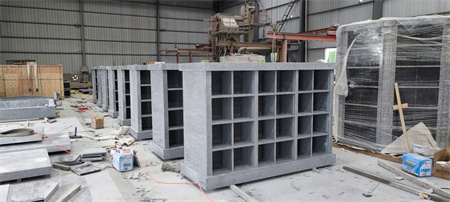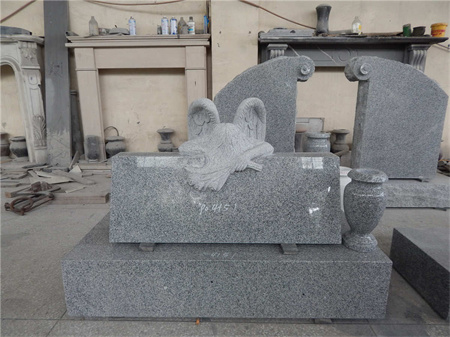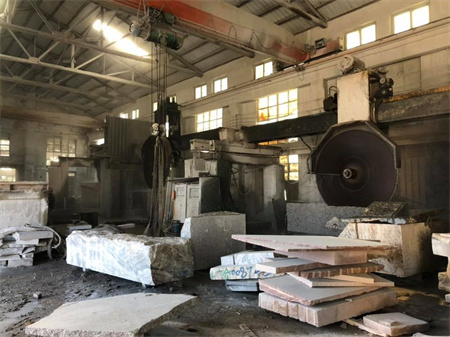When it comes to importing granite headstones from China to countries like the US, Canada, the UK, France, Germany, Italy, and other parts of Europe, understanding the associated import duties and taxes is crucial for smooth transactions and compliance with local laws. Import duties and taxes can vary depending on the destination country, the value of the goods, and the nature of the product. For businesses involved in the importation of granite headstones, being well-informed about these fees can help avoid unexpected costs and delays.

In the United States, for example, the import duty on granite headstones typically falls under the Harmonized Tariff Schedule (HTS), which classifies products based on their material and intended use. Importers must ensure they’re using the correct classification to avoid penalties. Additionally, customs procedures in the US require paying both federal and state-level taxes, which can increase the overall cost of the product. Depending on the state, there could be different sales taxes that importers need to account for.
In Canada, the Goods and Services Tax (GST) and the Provincial Sales Tax (PST) or Harmonized Sales Tax (HST) apply to imported goods, including granite headstones. The GST is a federal tax, while PST and HST depend on the province where the goods are imported. Import duties on granite products are generally low, but it’s important to verify the classification to avoid overpaying.

For European countries like the UK, France, Germany, and Italy, the Value Added Tax (VAT) is a key factor. VAT is typically added on top of the price of the headstones, along with any applicable import duties. The duty rates can differ across countries, but the VAT is generally refundable for businesses when they sell the products domestically. Importers need to make sure that they file all necessary documentation and comply with the European Union’s import regulations.
The rates of import duties and taxes may seem complex, but understanding the requirements of the destination country can help importers avoid unnecessary expenses. It’s advisable to work closely with a customs broker or logistics provider who can assist in navigating the paperwork, calculating the costs, and ensuring that the granite headstones are properly classified.

In summary, importing granite headstones involves several steps, and understanding the taxes and duties in different countries is essential for maintaining a profitable business. By staying informed and planning ahead, you can reduce the risk of unexpected fees and ensure that your products arrive smoothly, ready to meet the needs of customers in different parts of the world.




